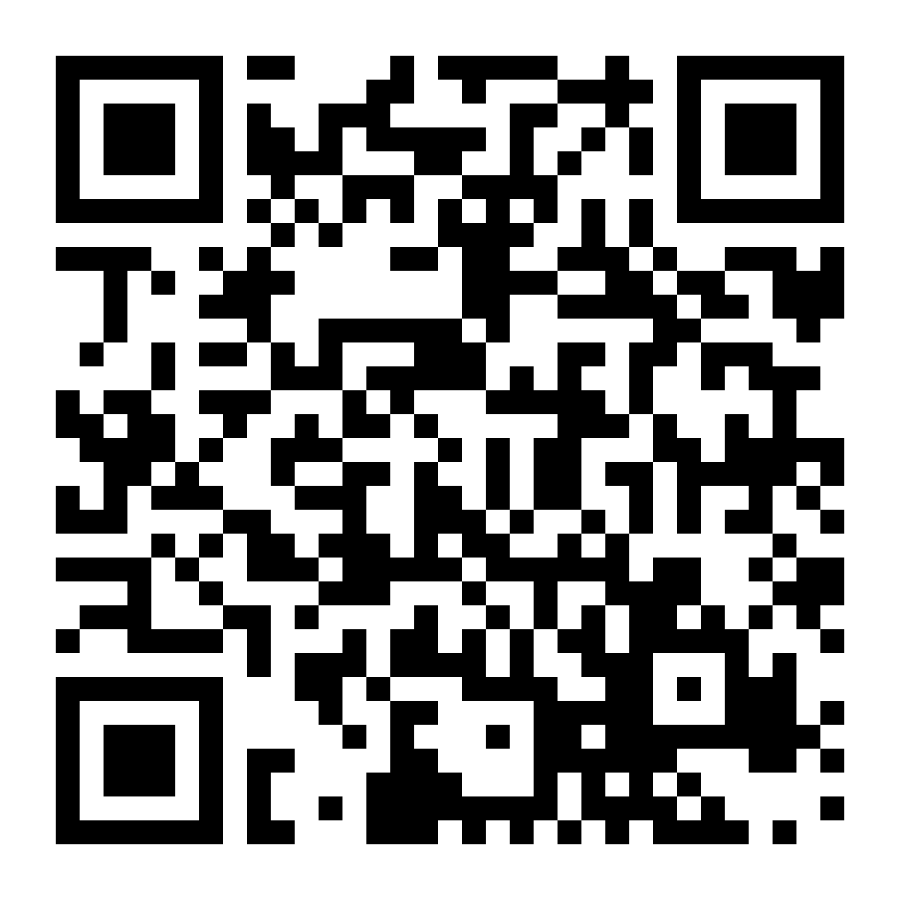8 practical tips for starting your first remote job
Starting your first remote job is exciting, but it can also be a little disorienting. Suddenly your commute is to the kitchen, meetings happen on a screen, and visibility depends on messages and deliverables instead of passing someone in the hallway. Here are clear, actionable tips to help you settle in fast, get paid smoothly, and build a strong remote-career foundation.

👨🏽💻 Settle into your work environment
Why: A tidy, reliable setup reduces friction and saves time.
Do this now:
Pick one room or corner as your “work zone.” Even a consistent chair + table works.
Invest in a comfortable chair or at least good posture (lumbar support or pillow).
Ensure fast, stable internet — get a backup (mobile hotspot) if possible.
Install and test core apps: video conferencing (Zoom/Teams), your company’s chat (Slack/Discord), calendar, file-sharing (Google Drive/Dropbox).
Create a checklist for your start-of-day setup (open apps, check calendar, prioritise 3 tasks).
💸 Set up a salary account
Why: Getting paid quickly, cheaply, and reliably keeps everything simple.
Do this now:
Ask HR what payment methods the company supports and any paperwork they need.
If you’ll receive USD, consider options that make receiving international pay painless — for example, you can get a US bank account through services like Cenoa (useful for direct USD deposits), or use Payoneer, Wise, or your bank’s international-payment service.
Set up payments before your first payday: confirm bank details, test small transfers if needed, and save pay stubs.
👀 Be visible — proactively communicate your work
Why: When you’re remote, “out of sight” can become “out of mind.” Visibility protects your reputation and career opportunities.
Do this now:
Send short daily or end-of-week updates: what you did, what’s next, and any blockers.
Volunteer for short demo slots or walk-throughs of your work.
Use async tools: leave clear comments on documents, use project boards, and update tickets/tasks with progress.
🤲🏽 Ask for support — early and often
Why: Trying to figure everything out alone wastes time and risks mistakes. Asking shows maturity, not weakness.
Do this now:
Identify who does what (manager, onboarding buddy, IT contact) and save their contact.
When stuck, describe the problem, what you tried, and ask a specific question.
Schedule short check-ins in the first month to get feedback and align expectations.
🗓️ Set boundaries and a reliable schedule
Why: Without structure, remote work easily bleeds into personal time and causes burnout.
Do this now:
Pick consistent work hours and share them on your calendar/status.
Block “focus” time for deep work and turn off message notifications during those blocks.
Communicate your timezone explicitly (e.g., “I’m GMT+1 — available 9:00–17:00”) so teammates know when to expect you.
🔐 Secure your devices and accounts
Why: Remote roles mean you’ll use personal or company devices to access sensitive data. Protect them.
Do this now:
Use a strong password manager and unique passwords.
Enable two-factor authentication (prefer app or hardware keys, not SMS).
Keep OS and apps updated; use company-provided VPN or endpoint protection if required.
Backup critical files regularly.
📚 Invest in your professional growth from day one
Why: Remote jobs often reward initiative and evolving skillsets — start building momentum early.
Do this now:
Ask your manager for a short 3-month learning plan.
Subscribe to one newsletter or course relevant to your role and commit to one hour per week.
Offer to help on projects that stretch your skills (but don’t overcommit).
📈 Track and share your wins
Why: Being able to point to real results keeps you on promotion and raise tracks — and prevents passive drift.
Do this now:
Keep a simple “wins” doc: date, project, impact (numbers if possible).
Share relevant wins in weekly updates or 1:1s with your manager.
Use metrics (time saved, revenue impact, bugs fixed) wherever possible.
Final Words
Your first remote job is as much about systems as it is about mindset. Be deliberate about your setup, payments, visibility, and growth — and don’t be afraid to ask for help. Those small, early habits compound fast.
